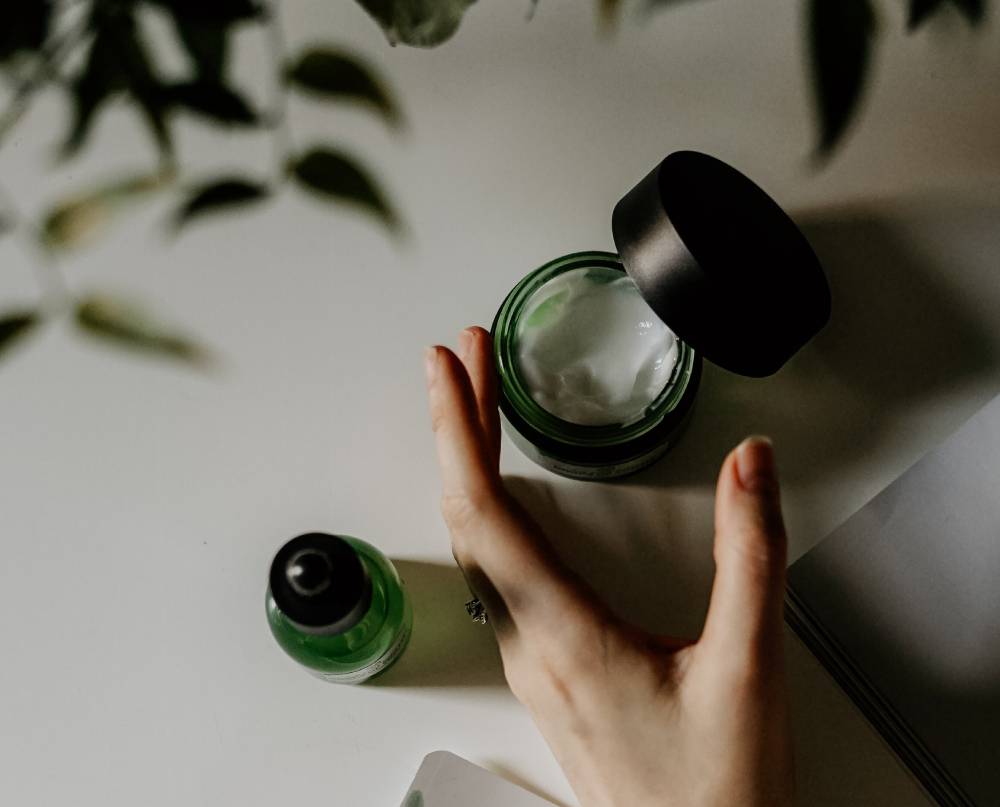Skin Care in Winter

Winter a favourite season of many, but not very friendly with our skin and hair. The outermost layer of the skin is called the epidermis, with the outermost layer called as the horny layer. This layer with its cells and a combination of lipids makes the skin barrier. This skin barrier forms a layer of protection from harmful organisms, toxins, UV rays and other environmental stressors. Moisture is essential for the skin barrier to perform well. During winters, the cold outdoor weather, harsh winds, low humidity in the atmosphere, can strip the skin of its natural, moisturising oils.The level of moisture in the skin also varies with age, gender, ethnicity, and environmental factors. Other medical conditions can also contribute to dry skin like hypothyroidism, chronic kidney disease, diabetes.
Symptoms of winter dry skin
Dryness that results from damage to the skin barrier during winter can lead to: dry flaky skin, rough patches, cracks, redness, itching and stinging. Skin problems like psoriasis, eczema, atopic dermatitis, senile xerosis, dry cracked heels too flare up during these months. Scalp can become dry, flaky making the hair too dry, frizzy and brittle. Typically hair fall is also higher during winter months
Preventing winter dry skin
a. Moisturise your skin thoroughly.
Dry and damaged skin needs moisture replenishment. Using a moisturiser is the best way to rehydrate the epidermis and prevent trans epidermal water loss from the skin. They also form a protective barrier to reduce damage from environmental factors. Switch to a cream based moisturiser for normal to oily skin and an oil based one for dry skin when the cold sets in. It is very important to apply moisturiser as soon as possible after patting the skin dry following a shower or bath. This approach will seal in as much moisture as possible. Consider overnight deep moisturiser treatments which can help particularly dry areas like hands feet elbows knees and lips. Cover with cotton gloves and socks to hold the moisture in all night long.
b. Limiting exposure to heat:
People can do this by taking a lukewarm bath or shower rather than a hot one and avoiding sitting in front of a heater. Excessive heat can draw vital moisture away from the skin
c.Gentle products:
Use of mild cleansers and soaps. Cutting back on exfoliating scrubs, face masks, and steam treatments will also reduce damage to the skin barrier. Avoid products with AHA/BHA, Retinol etc. Avoid overdoing skin treatment.
d. Staying hydrated:
Drinking plenty of water boosts skin hydration, which helps it stay smooth. Eating foods or taking supplements that contain omega-3 or omega-6 fatty acids might also help.
e. Using a humidifier:
This device can introduce moisture back into the air, helping rehydrate the outer layer of skin.
f. Protecting the hands :
Many people experience dry skin on the hands, particularly now that regular hand washing and sanitizing have become more commonplace. Applying a hand cream after each washing can help, and wearing waterproof gloves when washing dishes or cleaning around the house
g. Sun protection
Don't forget sunscreen. Just because it's cold outside doesn't mean the sun isn't affecting your skin. Wear a sunscreen with minimum SPF of 20 and really every few hours.
h. Wear Appropriate, comfortable, nonirritating clothing
Many cold-weather fabrics like woolens can aggravate dry winter skin. Instead, wear light layers made from soft, breathable materials directly against your skin, and then pull on your heavier, warmer sweaters
In cases where one faces excessive dryness with red flaky cracked skin not responding to above measure please consult a dermatologist.
Scalp and hair care:
- Avoid frequent hair washes
- Use a conditioner after every hair wash
- Moisturise your scalp with hair oil
- Avoid heat styling tools
- Switch to microfiber towels



